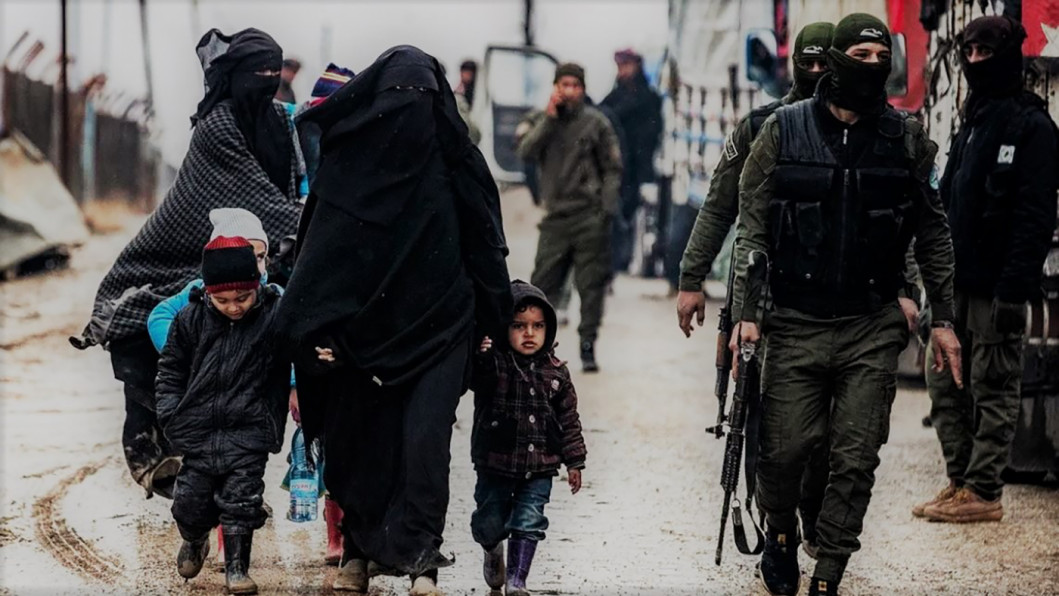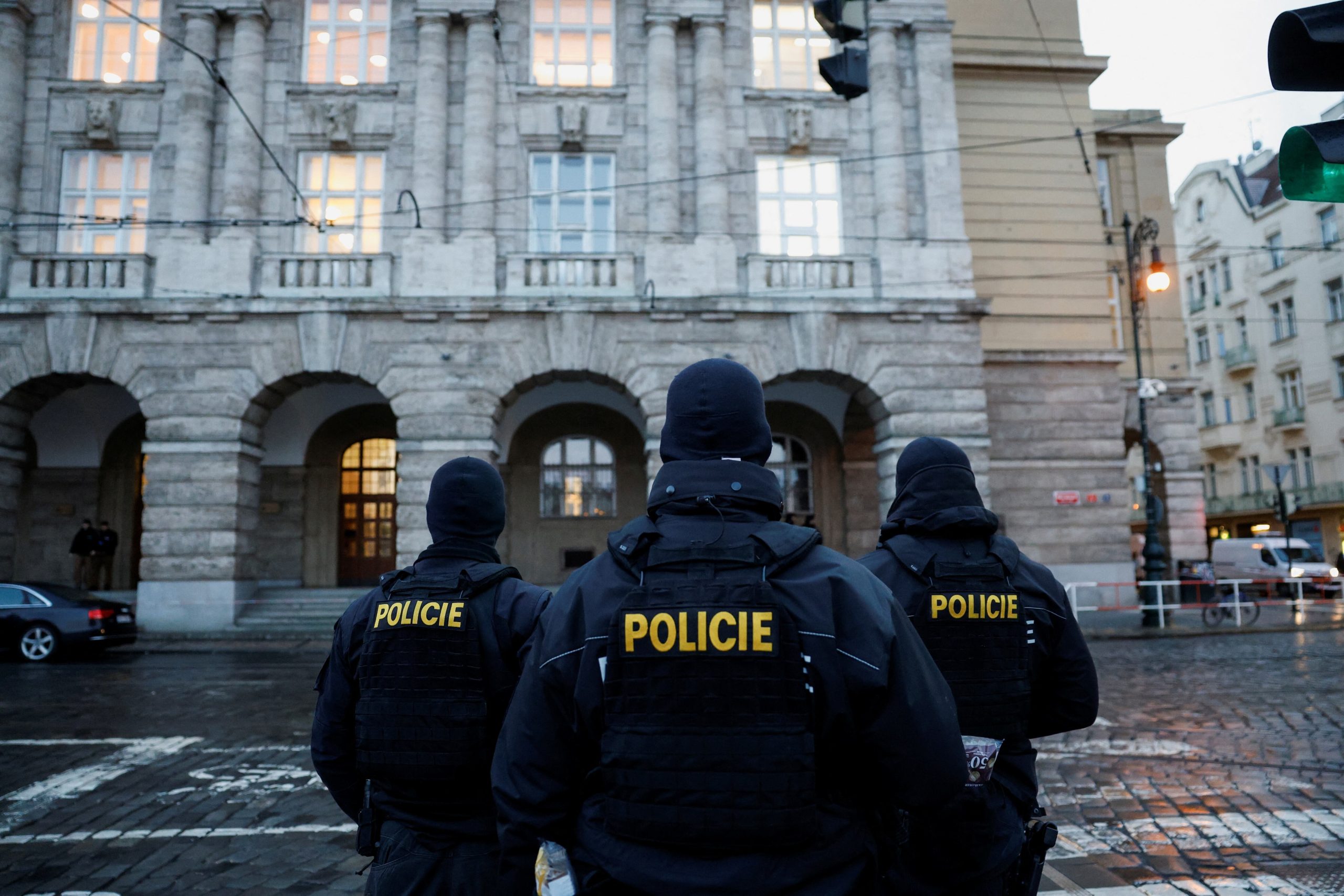European Centre for Counterterrorism and Intelligence Studies, Germany & Netherlands – ECCI
Tajikistan: 104 children, 42 women returned from Syrian ISIS camp
What awaits the returnees remains a mystery, however.
Eurasianet – More than 100 children and several dozen women have been repatriated to Tajikistan from a refugee camp in Syria, marking another success in the campaign to return people lured away during the height of the Islamic State group’s militant campaigns in the Middle East.While a previous repatriation effort focused on children – 84 of them were flown to Tajikistan from Iraq in May 2019 – this effort marked a precedent through its inclusion of women too. Of the returnees, 42 were adult women, while 104 were children, a number of whom are likely to have been born either in Syria or Iraq.
It is not known with exactitude how many Tajik nationals are trapped in camps and prisons in Syria, but it is estimated the number may have been around 600 prior to this evacuation operation.An official statement posted on the state news agency website described the repatriation as being designed to save Tajik children from hopelessness and return them to a peaceful life in their native country.Al Arabiya, a Dubai-based broadcaster, cited officials in an area of Syria controlled by Kurdish groups, where the al-Hawl camp is located, as saying that the women cleared for evacuation had not committed any crimes or terrorist acts.
What fate awaits the women and children is yet to be known. The 84 children brought back from Iraq were not placed in families, but in orphanages. The authorities prevented reporters from probing the subject, citing the need to protect the privacy of the children. Attempts by relatives to reclaim the children have been rebuffed.In Kyrgyzstan and Uzbekistan, by contrast, there has been a greater emphasis on placing children with families so as to facilitate smoother reintegration.Tajikistan lacks anything resembling a sophisticated deradicalization strategy. Programs to deter susceptible Muslims from falling prey to radical strands of the faith typically consist of demonizing non-state-approved forms of Islam and restricting access to any religious literature deemed unpalatable.
It is believed that more than 1,000 Tajik nationals may have traveled to Syria and Iraq to join the ranks of the Islamic State at the height of the group’s powers during the last decade. Several hundred women joined them.Back in Tajikistan, a large but undisclosed number of people has been imprisoned on charges of belonging to or sympathizing with the Islamic State, always after secretive and cursory trials which even close relatives are forbidden from attending.




